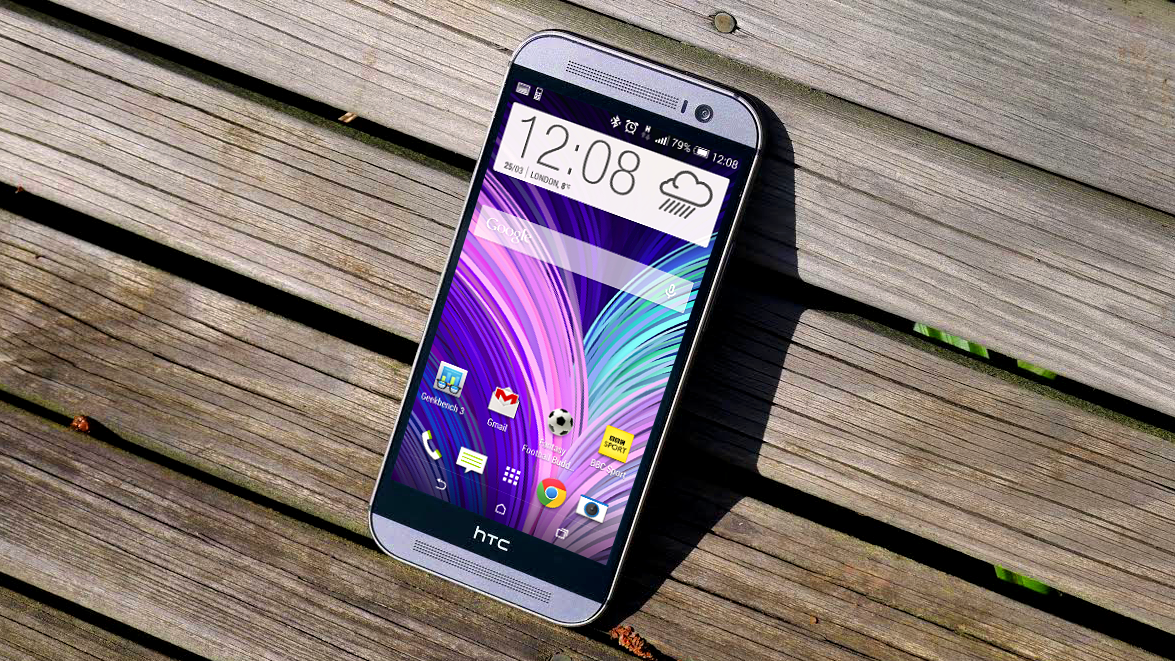Why you can trust TechRadar
There are a number of really decent handsets on the market, and with the M8 coming down in price you'll have more choice than ever before.
We've compared it to its closest rivals on the market and we'll be updating this review when new models become available, but until then, check out our comparison:
Samsung Galaxy S6
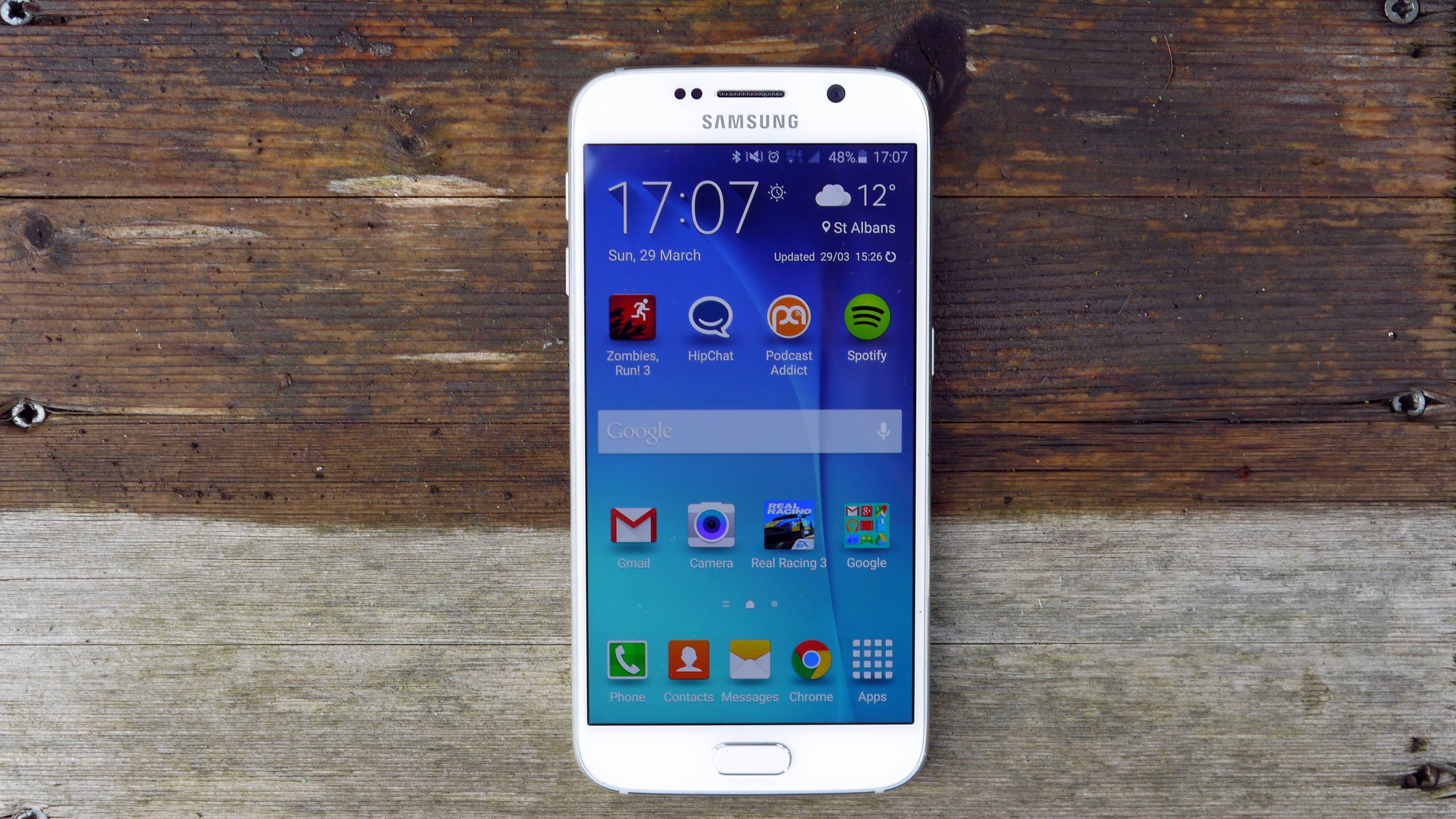
The Galaxy S6 is Samsung's latest flagship smartphone and does an excellent job of improving on its predecessors in almost every way, which means the HTC One M8 has a bit more of a challenge on its hands with this new handset.
While the HTC One M8 bested the plastic-clad Galaxy S5 in the design stakes, with the Galaxy S6 victory isn't so assured, with Samsung putting in a lot of effort to make the S6 look fantastic. The HTC One M8 still looks great, however, but Samsung has all but eliminated HTC's advantage in this regard with the S6.
As the Galaxy S6 is much more recent than the HTC One M8, it's also packed full of top of the range components such as 3GB of RAM and an octa-core processor. The HTC One M8, though a fine performer, struggles to keep up with the cutting edge S6, so if you're after a future-proof top-of-the-range blower, the S6 is a clear choice.
The HTC One M8 does beat the S6 on price, however, with prices as low as £250/$270/AU$420 if you shop around. As the S6 is relatively new, you're looking at a heftier £350/$500/AU$800 asking price. If you're keen on saving a fair wad of cash, the One M8 is still a decent choice.
Samsung Galaxy S5
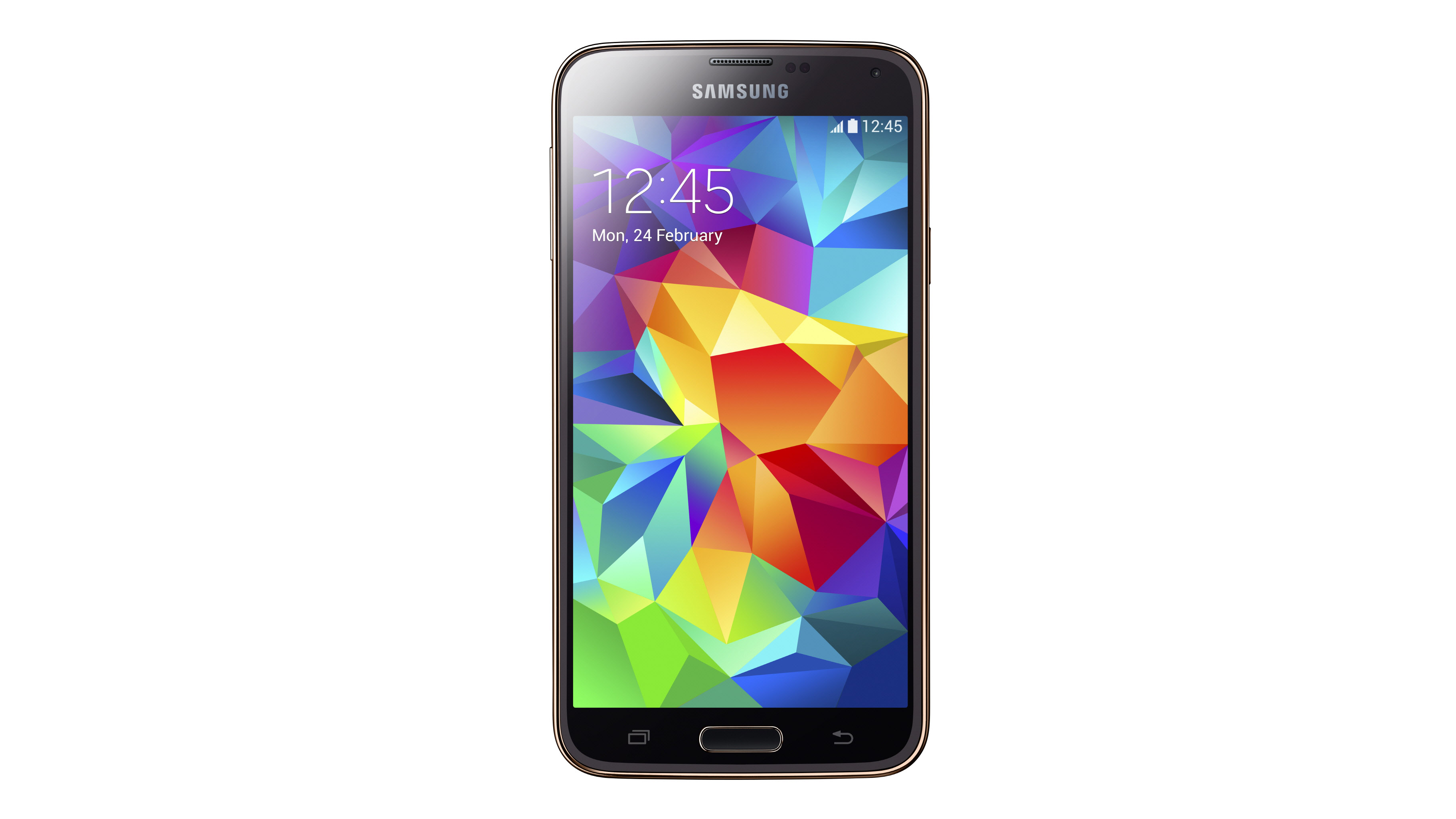
The Galaxy S5 was a big phone for Samsung, but in reality it's far too iterative compared to the S4. It just shares too much of the same design language and while TouchWiz is updated, the interface changes don't do enough to make people feel it's an all-new handset.
That said, it's got some very good bits: the fast autofocus camera rivals the HTC One M8's, but does so with a 16MP sensor. The depth perception is pretty awful compared to HTC's version, but the camera is more robust overall.
On top of that there's the fact it's waterproof, and is more hardy as a result. No metal here: the plastic chassis is much more able to withstand life's knocks, but it doesn't feel anywhere near as premium.
Tests showed the S5 was strong on the benchmarks but less so in real performance: Samsung still needs some optimisation here.
The innards are slightly improved, the screen is better thanks to more advanced Super AMOLED HD technology (but the HTC One M8's Super LCD is still impressive) and it has that removable battery to boot.
However, the S5 is one of the more underwhelming phones from the brand, so make sure you think long and hard before spending the higher cost these flagship phones are commanding - and with the S6 here, it's certainly no longer the top dog.
iPhone 6
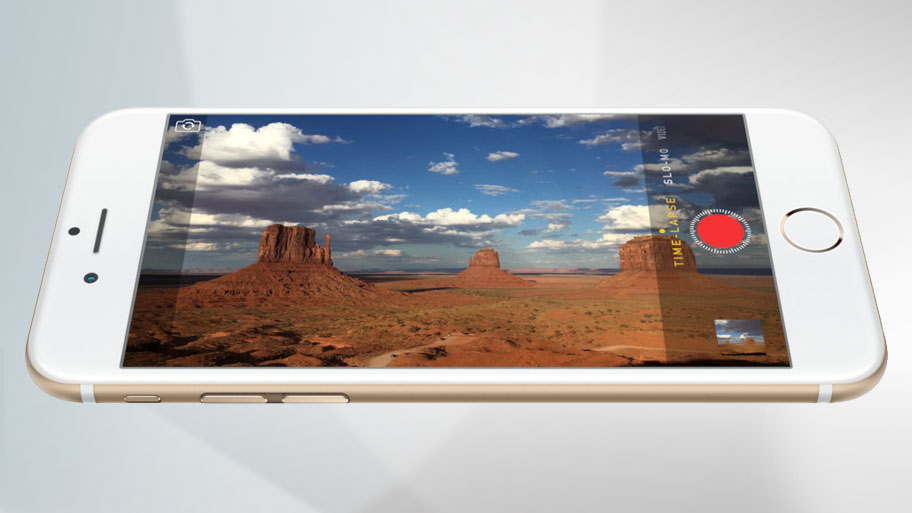
If there's anyone that makes phones as good looking as HTC it's Apple and the iPhone 6 gives the One M8 a run for its money as the most gorgeous handset of 2014.
It's a tough call as to which looks better, but both are packed full of metal and feel as premium as they look.
With Apple upping the screen size of its flagship to 4.7 inches it's also now a very close competitor to the HTC One M8 and its A8 processor ensures it's every bit as slick under the finger.
Arguably the iPhone 6 has a more powerful camera and the app selection is still slightly better. Sure Android has more apps available, but iOS apps are of a more consistently high quality.
But the walled garden approach of iOS isn't for everyone and the iPhone 6 is substantially more expensive than the HTC One M8.
LG G4
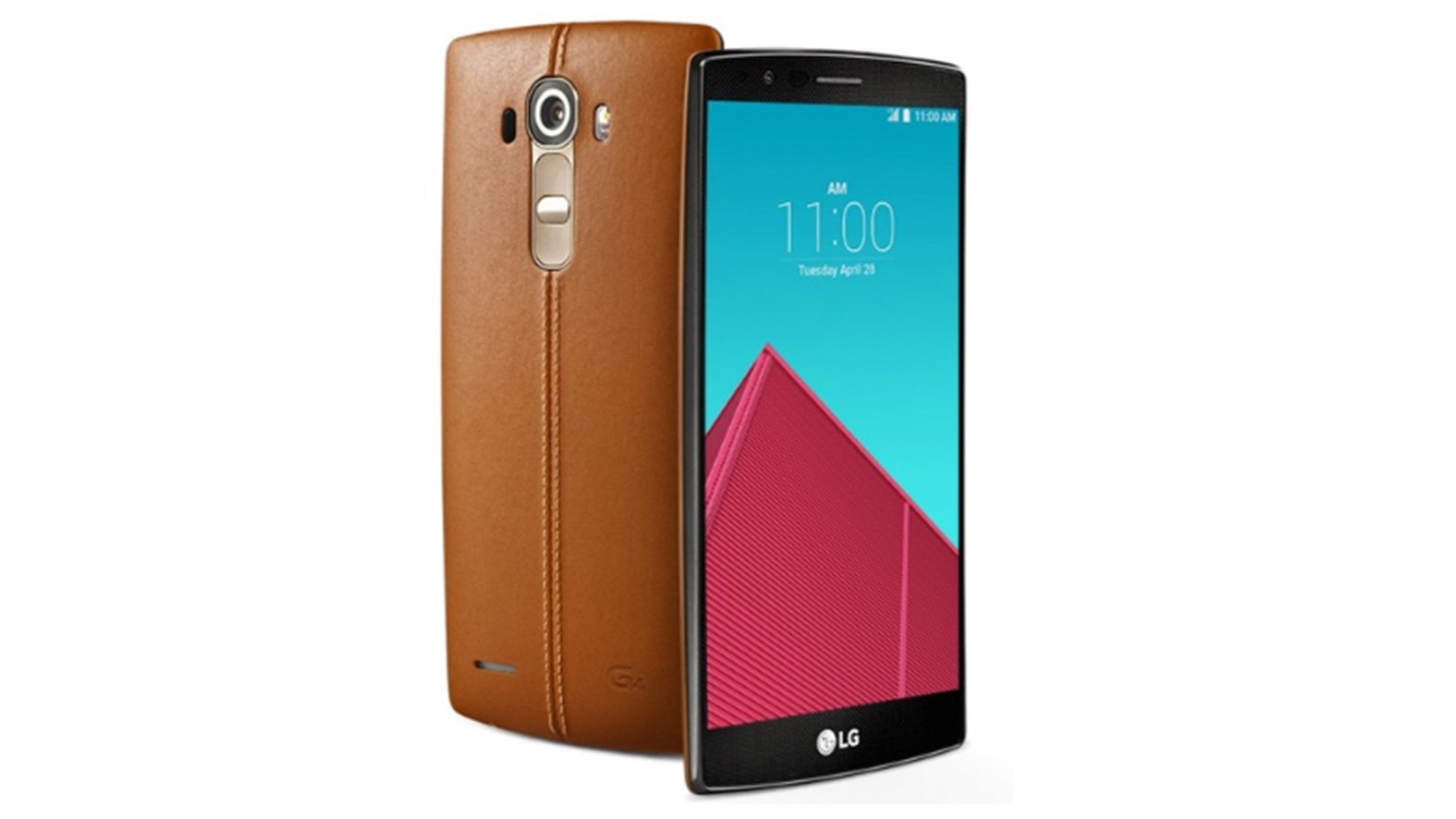
LG's previous flagship, the G3, arrived a few months after the HTC One M8 and it came with some big features, like a super-sharp and rather large 5.5-inch 1440 x 2560 QHD screen, but despite some slightly beefier specs the HTC One M8 had it handily beat in several categories.
With the freshly released G4, however, the HTC One M8 doesn't have such an easy ride. The speedy Qualcomm Snapdragon 808 and 3GB of RAM gives the G4 an edge when it comes to power, and although the leather design of the G4 won't be to everyone's tastes, LG has certainly created a unique looking smartphone.
The HTC One M8 still looks great, but if you want a handset that will impress people just by whipping it out, the LG G4 is the one to go for.
The LG G4 still struggles in the battery department compared to the HTC One M8 (as did the LG G3), though the stunning screen does make the LG G4 a wiser choice if you're keen on image quality.
Camera-wise, the HTC One M8 beats the LG G4 on paper, but in practice both snappers produce very good results, and you'd be pleased with either handset.
HTC One (2013)
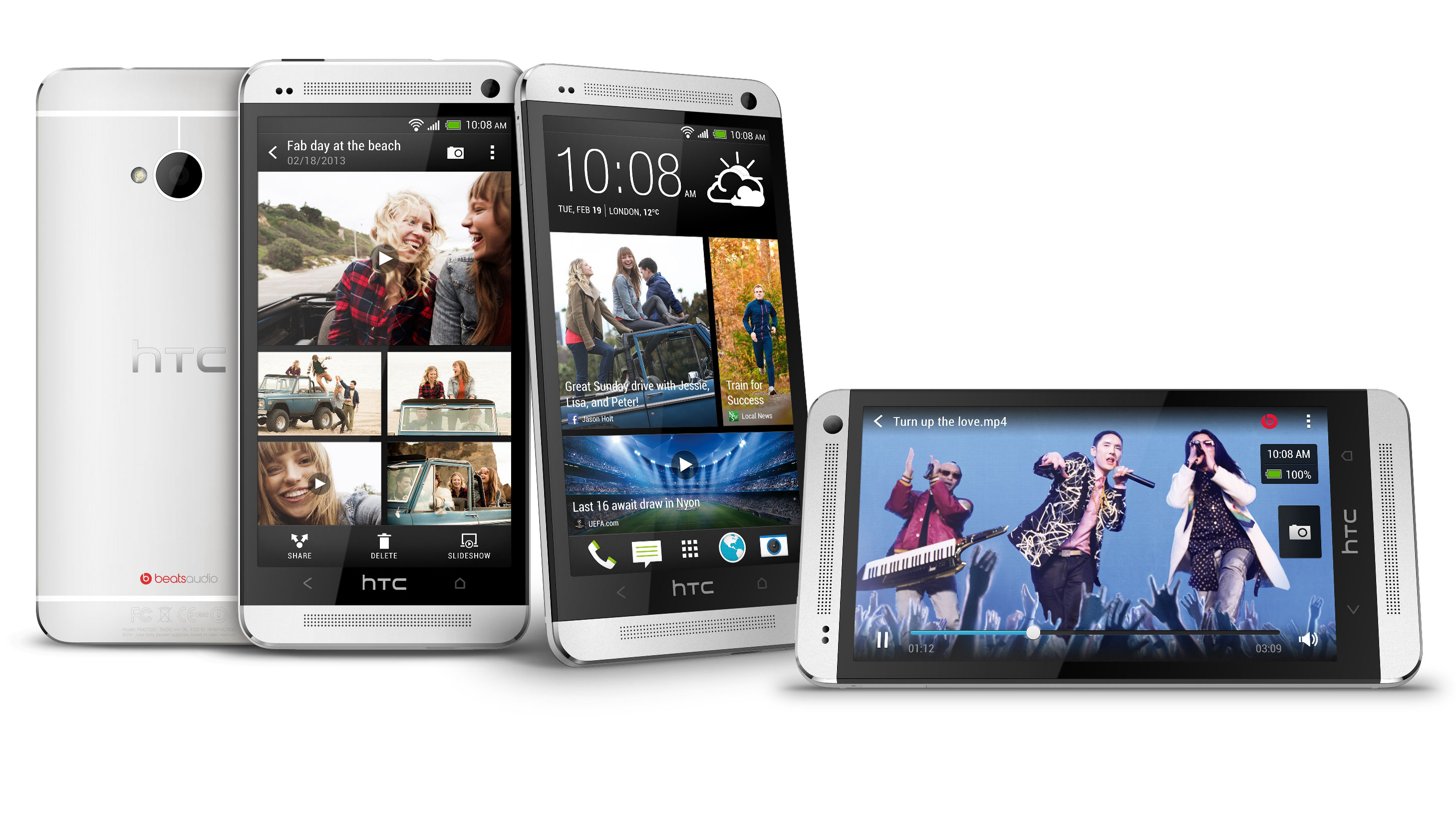
TechRadar's top handset of 2013 is still a viable purchase, and has been dropped in price compared to its new One stablemate.
The key differences are myriad: the One M8 has 90% metal compared to the 70% of the original, a larger 5 inch screen over the 4.7-inch of 2013's model, has a much better battery and an improved camera and BoomSound speakers.
It's not a case that the newew phone will be better than the old in every potential buyer's eyes though - the design is still very subjective and some will like the wider, more stable feel of the original.
However, make no mistake that the HTC One (2013) is the inferior phone in nearly every way compared to the newer edition. You've got to really want to save money if you want to go with 2013's option, and be prepared to take a hit on the battery life.
HTC One M9
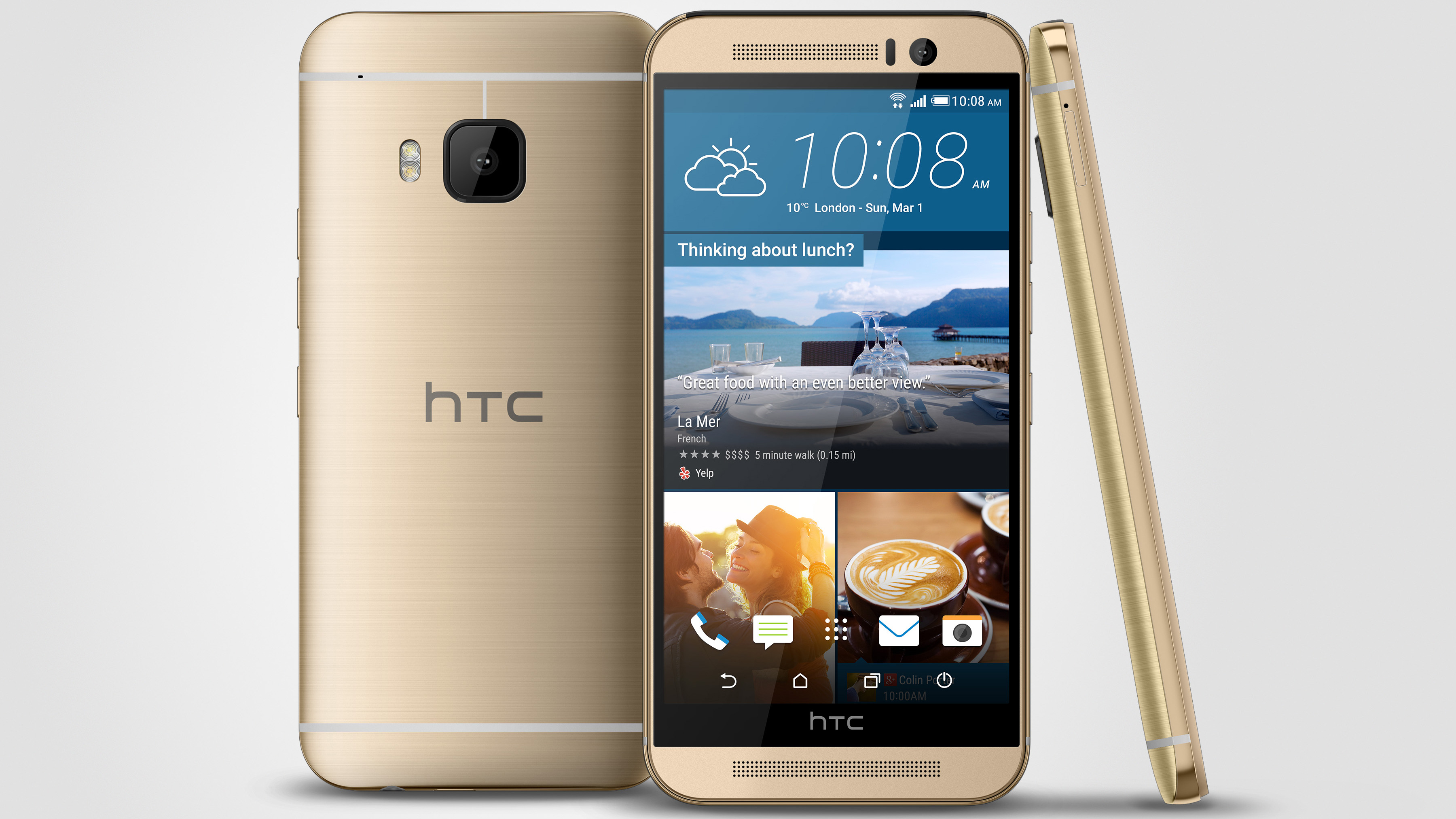
The HTC One M8 has had a good run, but it's now been replaced by the HTC One M9, and although it's an upgrade, it's actually a fairly conservative one.
The design has been further refined but overall it looks very similar to the HTC One M8, not that that's a bad thing, as the One M8 was previously perhaps the best looking phone on the planet.
The HTC One M9 also has a lot more power, thanks to an octa-core Snapdragon 810 processor and 3GB of RAM, but it's not like the HTC One M8 feels sluggish.
The camera has been given a boost to 20.7MP, but it's lost its depth sensor and UltraPixels in the process, though the UltraPixels haven't been entirely abandoned, they've just been moved to the front-facing snapper.
The HTC One M9 also promises even better BoomSound speakers and benefits from the new features of Sense 7, such as a theme creator, which the HTC One M8 lacks.
So yes, it's probably a better phone, but it feels like a minor evolution, so whether that's worth the higher price tag it demands is debatable.
HTC One M8s
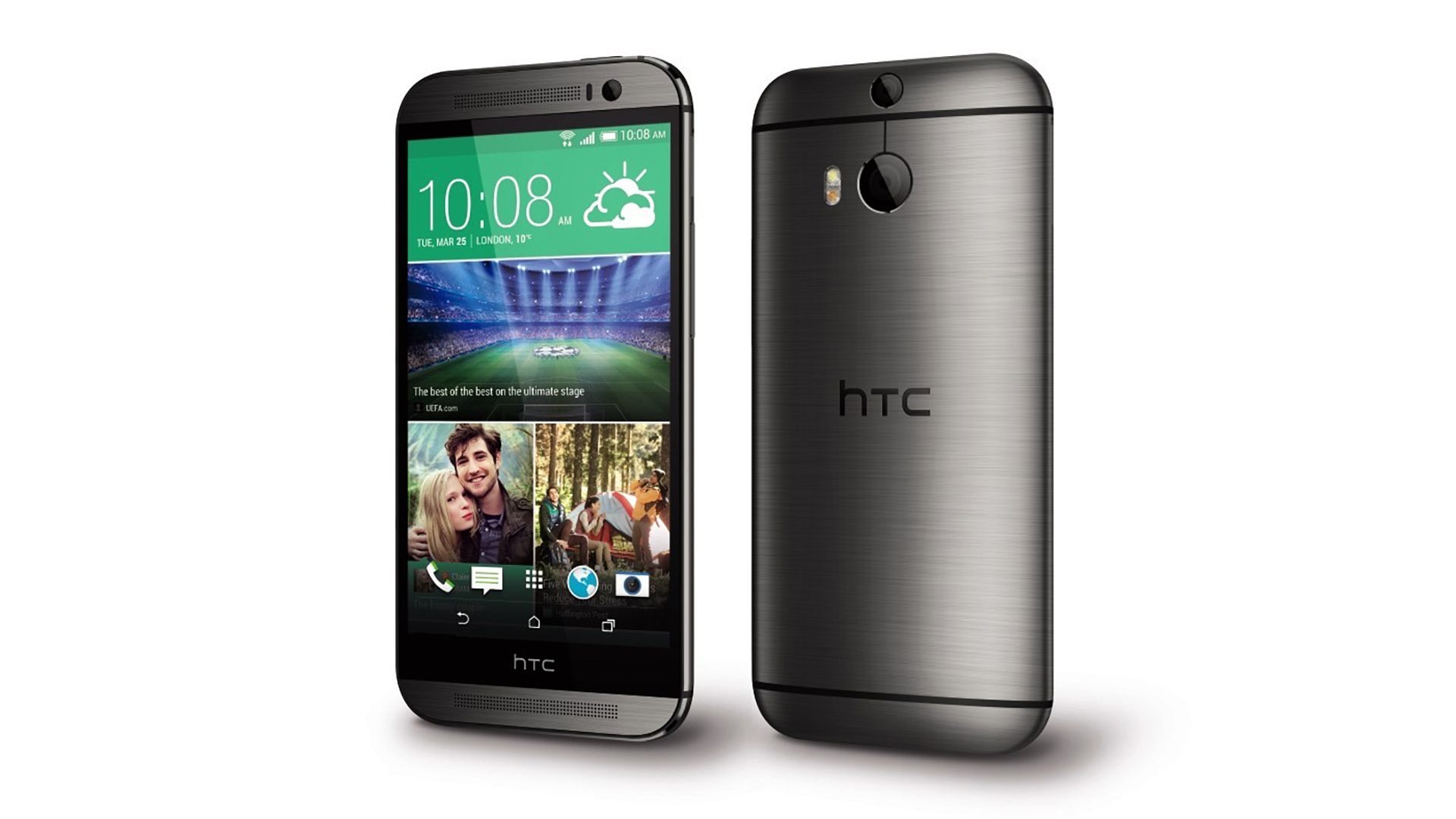
The HTC One M8s has now arrived, bringing the premium metal look of the HTC One M8 to a more affordable – though far from budget – price range.
With almost exactly the same design as the HTC One M8, you'd be hard pushed to tell the two different handsets apart with just a glance.
Both the HTC One M8 and the HTC One M8s also feature a 5.0-inch 1080 x 1920 display with a pixel density of 441 pixels per inch – which is also the same one featured in the more expensive HTC One M9.
However while they look almost identical, under the hood things are pretty different. When it was originally released, the HTC One M8 was a top-of-the-range flagship device with hardware to boot – and its specs still seem impressive today.
This means it comes with a 2.3GHz quad-core Snapdragon 801 processor, while the midrange HTC One M8s makes do with a less impressive 1.7GHz octa-core Snapdragon 615 processor.
However both handsets come with 2GB of RAM and Android 5.0 Lollipop – so the power gap isn't quite as large as it could be.
Camera-wise the HTC One M8s has a 13MP rear camera and a 5MP front facing camera, while the M8 has a 4 UltraPixel duo rear camera and a 5MP snapper. This results in the HTC One M8s having slightly sharper images, while the HTC One M8 wins on low light performance.
Even considering its age, the HTC One M8 is usually sold for more than the newer HTC One M8s, so if you don't mind a few compromises when it comes to power, you might be better off going for the M8s and saving yourself a fair amount of change.
HTC One A9
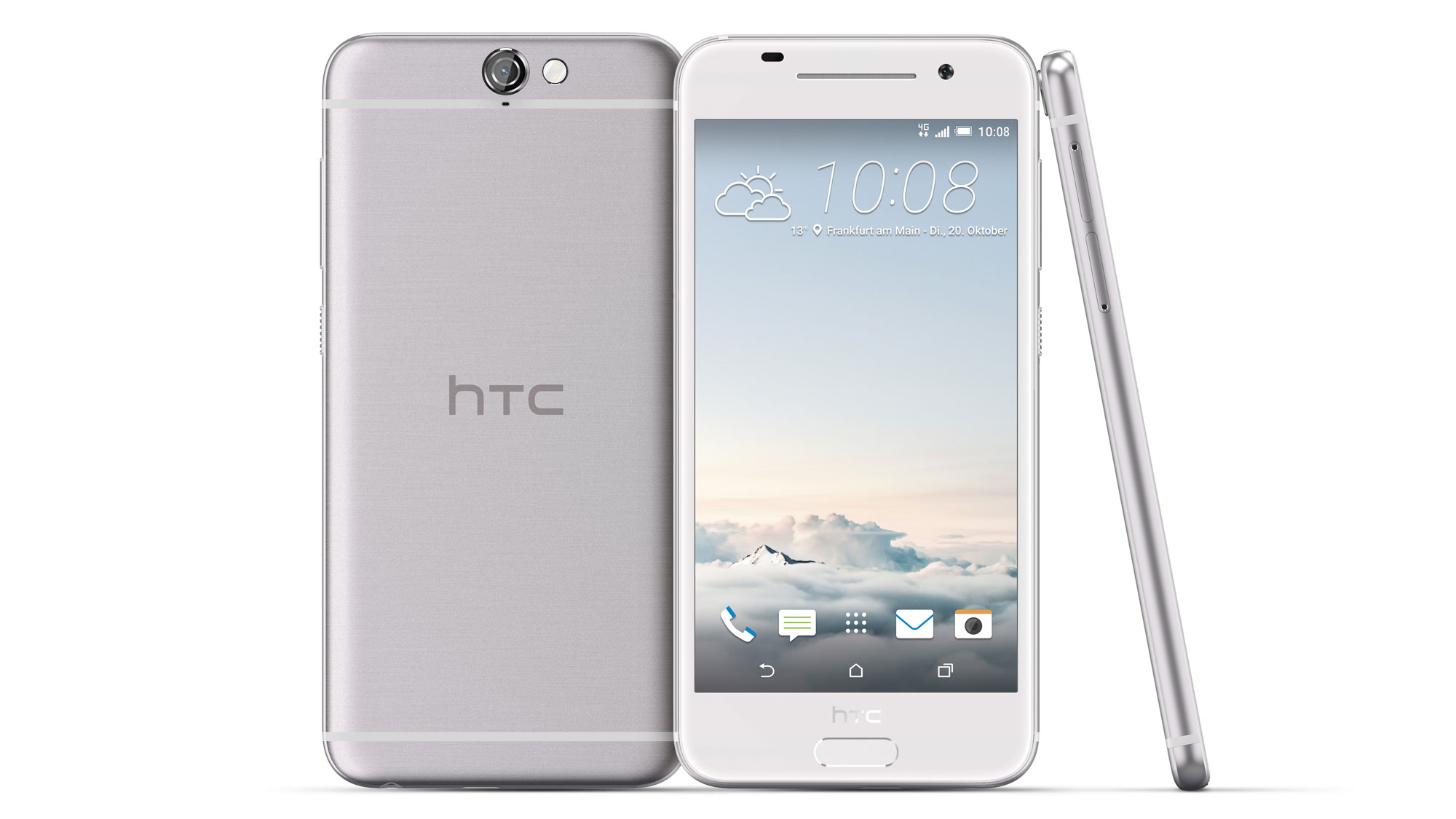
The HTC One A9 is 18 months newer than the HTC One M8 and has a similarly stylish design, yet it's not actually much more powerful, as it's positioned as more of a mid-range phone.
That said its octa-core Snapdragon 617 processor makes it easily a match for HTC's ageing flagship and with a metal-heavy iPhone-like look it should appeal to buyers who want something premium but aren't sold on the M8's appearance.
Other highlights are an improved camera and Android Marshmallow out of the box. But with iffy battery life and a much higher price tag it's hard to recommend the A9 over the M8 unless you really want an iPhone 6S that runs Android.

Gareth has been part of the consumer technology world in a career spanning three decades. He started life as a staff writer on the fledgling TechRadar, and has grew with the site (primarily as phones, tablets and wearables editor) until becoming Global Editor in Chief in 2018. Gareth has written over 4,000 articles for TechRadar, has contributed expert insight to a number of other publications, chaired panels on zeitgeist technologies, presented at the Gadget Show Live as well as representing the brand on TV and radio for multiple channels including Sky, BBC, ITV and Al-Jazeera. Passionate about fitness, he can bore anyone rigid about stress management, sleep tracking, heart rate variance as well as bemoaning something about the latest iPhone, Galaxy or OLED TV.
